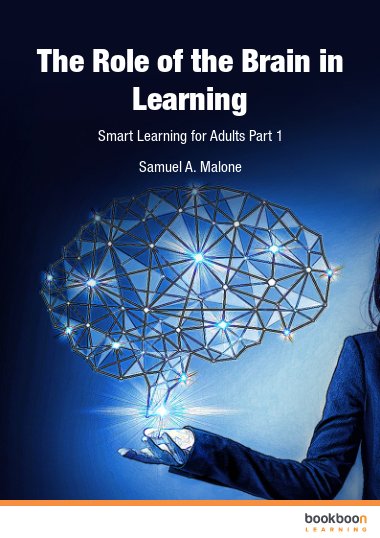This e-book provides the basic information on the human brain essential to know if you want to become a smart adult learner. You will learn how it works and how to use it more effectively to become smarter at learning. In particular you will discover the huge learning capacity of the brain and the role of the two hemispheres. The acronym LONE is a helpful memory jogger for the key points about brain learning. It stands for learning, oxygen, nutrition and emotion. The brain’s plasticity provides the key resource for becoming a lifelong learner.
About the author
Samuel A Malone is
a self-employed training consultant, lecturer and author. He is the author of 21 books published in
Ireland, the UK and abroad on learning, personal development, study skills and
business management. Some of his books
have gone into foreign translations and second editions. He has an M.Ed. with distinction (in training
and development) from the University of Sheffield and is a qualified Chartered
Management Accountant (ACMA), Chartered Global Management Accountant (CGMA) and
a Chartered Secretary (ACIS). He is a
fellow of the Irish Institute of Training and Development (FIITD).

